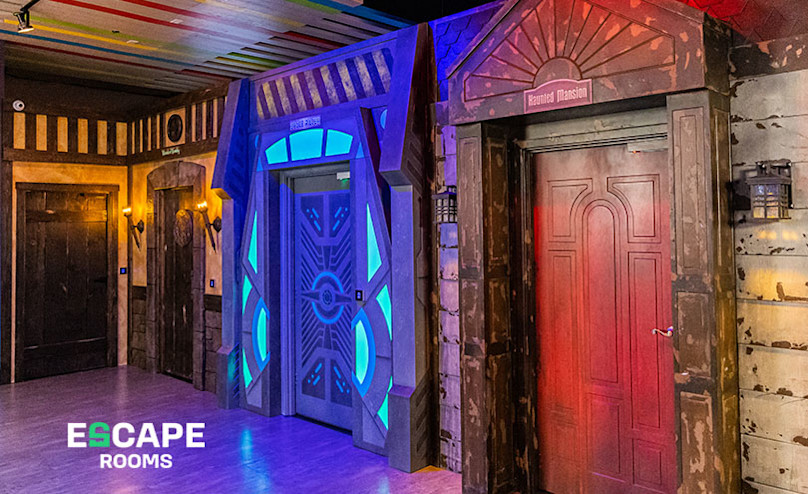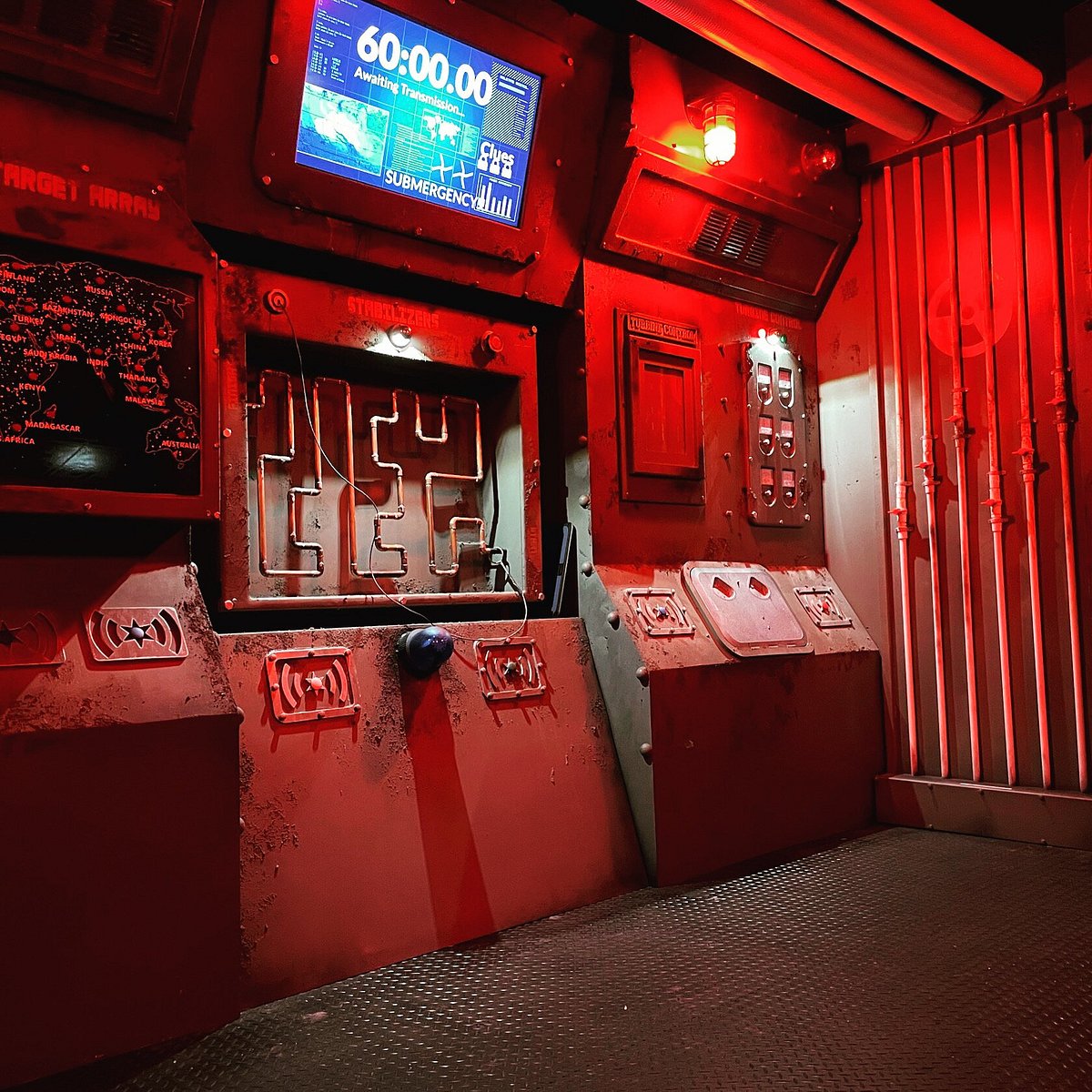Discover the Best Escape Room in Minneapolis-- Interactive and Involving Fun
Discover the Best Escape Room in Minneapolis-- Interactive and Involving Fun
Blog Article
Team Strategies: How to Work together Efficiently in an Escape Area
Groups should proactively listen to each participant's understandings, appoint duties that align with private strengths, and keep normal check-ins to guarantee emphasis and protect against redundancy. By cultivating an environment that values cohesion and flexibility, teams can significantly heighten their efficiency and success prices.
Establish Clear Communication

To help with clear interaction, it is essential to designate a central point of call for details dissemination. Short, focused updates from each team participant can keep the team informed without frustrating them with info.

Appoint Roles Purposefully
While clear interaction sets the structure for effective synergy, assigning functions strategically ensures that each employee's strengths are made use of effectively. In a getaway space circumstance, the time-sensitive and intricate nature of challenges necessitates an efficient technique to task delegation. By identifying and leveraging specific proficiencies, teams can maximize their analytical capabilities and enhance general efficiency.
First, evaluate the special abilities and features of each individual. Someone with a keen eye for information could stand out in finding covert items, while a rational thinker can be better suited to solving puzzles. It's equally crucial to have a leader that can manage development, handle the timeline, and make definitive phone calls when needed. This duty often calls for solid organizational and social skills.
Second, make certain that duties are versatile and adaptable. As new obstacles emerge, the team should be able to pivot, reapportioning tasks as needed. This adaptability aids preserve energy and avoids traffic jams that could occur as a result of inflexible function tasks.
Ultimately, a calculated strategy to duty assignment not just optimizes the toughness of each team participant however additionally promotes a natural atmosphere, driving the group in the direction of a successful getaway.
Utilize Diverse Abilities
Recognizing and using the diverse abilities within your group can dramatically elevate your efficiency in a getaway space. Each team participant brings unique staminas to the table, and successfully leveraging these capabilities can expedite analytical and improve total efficiency. A team member with strong logical skills might stand out at analyzing complex codes or patterns, while another with eager empirical abilities may quickly detect hidden hints that others may ignore.
Motivate team members to articulate their insights and concepts promptly, making sure that all potential options are taken into consideration. Additionally, appointing jobs that line up with each member's staminas can stop traffic jams and make sure that development is continual.
Furthermore, diversity in abilities often converts to diversity in thinking designs, which is important in an escape area setting. While some challenges might require rational thinking and precision, others may gain from imaginative and lateral reasoning. By identifying and leveraging this diversity, groups can resolve a wider variety of difficulties better, thus boosting their chances of a successful getaway.
Manage Time Successfully

First, allot first mins for a fast study of the area. Recognize visible problems and divide tasks based upon team participants' strengths, guaranteeing that no one is idle. Set internal time checkpoints to evaluate progress regularly; for example, goal to have half the challenges resolved by the mid-point of the video game. This practice her latest blog can help keep the group concentrated and avoid time from escaping undetected.
Additionally, prevent one-track mind. If a puzzle is taking too long, turn group members or relocate on to one more obstacle, returning later on with fresh perspectives. Communication is critical-- keep every person upgraded on addressed challenges and staying tasks to stay clear of redundant efforts.
Lastly, utilize any kind of tips or ideas sparingly yet strategically - best escape room. Recognizing when to request for assistance can save important time. By adhering to these time management concepts, teams can significantly boost their possibilities of a successful and delightful getaway space experience
Debrief and Show
Representation is a vital aspect of group development and renovation in the context of escape areas. As soon as the obstacle is completed, whether successfully or otherwise, it is important for the group to participate in a structured debriefing session. This process allows team members to analyze their performance, recognize strengths, and determine locations for enhancement.
Start the debrief by discussing what went well. Highlight certain instances of efficient interaction, problem-solving, and collaboration. Recognizing these positive actions enhances them and encourages their repeating in future difficulties.
Review minutes of complication, miscommunication, or ineffective methods. Urge an open and constructive discussion where team members can share their point of views without anxiety of objection.
Conclusion
Finally, successful partnership see this website in an escape area is predicated upon clear communication, strategic role projects, the effective application browse this site of diverse skills, and skillful time monitoring. Regular check-ins and structured debriefings are essential for maintaining emphasis and promoting constant renovation. By producing a cohesive and flexible team setting, the likelihood of efficiently fixing challenges and achieving the objective of getting away the room is dramatically improved. This approach not just makes sure success yet also promotes collective growth and understanding.
Report this page